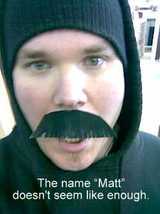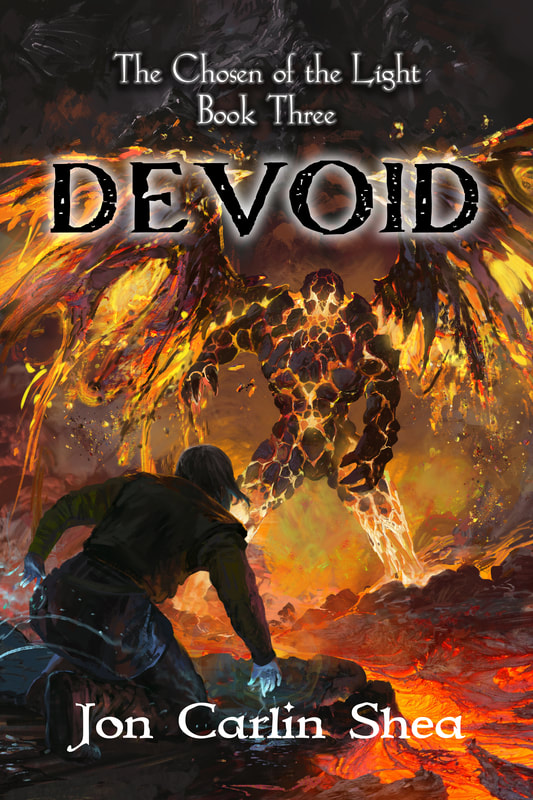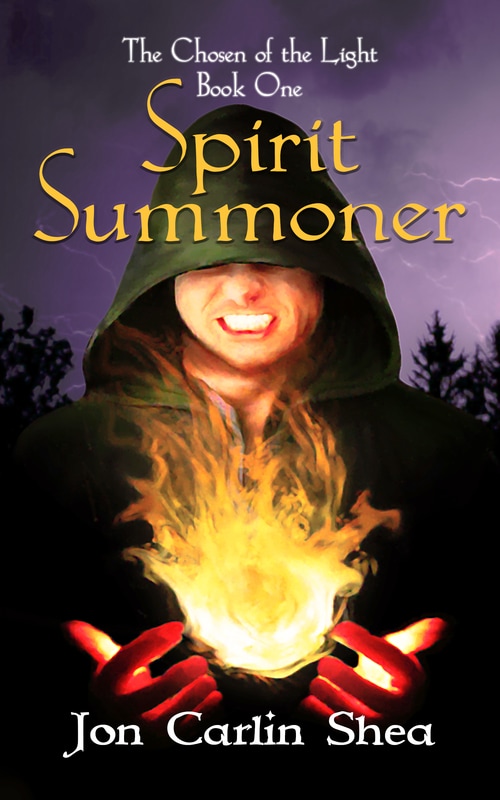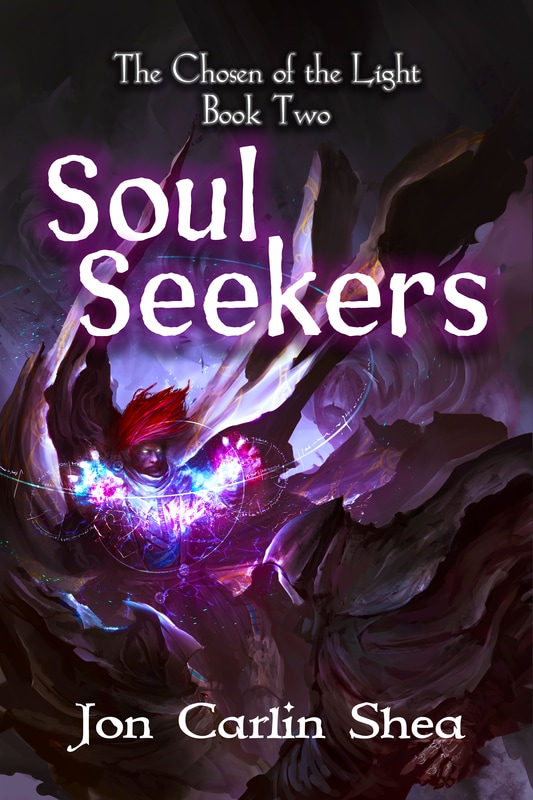|
“The past few years have been full of high profile reads. from Twilight to 50 Shades of Gray, Love um or hate um, you have to admit you have at least heard of them. As Independent Authors we all dare to dream we will be next runaway bestseller, and, well, let’s face it, you never know ... right? With that thought I jumped on this Hop. What is a blog hop? Well I didn’t know until I asked. Basically, it’s an Independent Authors game of tag. One author posts, and then tags five other authors, who each link back to them. Exponentially, it is a marketing gold mine, and you my fair reader have hopefully just increased your “to read list.” Finding new and exciting authors you may never have found otherwise. Some of us are still writing, others are just being released. Either way, for Fiction Lovers, a treasure trove awaits and I’d like to thank fellow author S.R. Howen for tagging me to participate.” Click the links to find out about S.R. Howen’s books: Main Blog Author's Web Page Purchase Page The Next Big Thing Questionaire: 1: What is the working title of your book? The Chosen of the Light: Spirit Summoner (Book One in a series of three) 2: Where did the idea come from for the book? I pull my ideas from all sorts of different areas, including mythologies and religions from around the world. The four basic elements of Earth, Air, Fire, and Water mystified me as a child while also seeming so natural and omnipresent, so that framework can be seen in my novel. But if I had to choose one idea, one source, I would have to attribute a lot of recognition to Terry Brooks. After reading The Sword of Shannara, I wanted to create an epic fantasy on the same level. He inspired me to create my own world with a history, races, and topography, and once I did that, the story fell into place. 3: What genre does your book fall under? High Fantasy, without the epic length. 4: Which actors would you choose to play your characters in a movie rendition? I've had a really hard time with this one. I've never seen an actor pop out at me and I think to myself, "That's Darr." James McAvoy seems like the right type though. His sister, Jinn, would be someone like Rebecca Breeds. For the unnamed prophet, I would need someone with the presence of Alan Rickman, but unfortunately, the red-headed, broad features of Danny Bonaduce. 5: What is the one-sentence synopsis of your book? Tasked with restoring ancient magic to the world of Ictar, Darr Reintol sets off to save it, but his actions may end up destroying the world he’s trying to protect. 6: Will your book be self-published or represented by an agency? I have signed to publish with Wild Child Publishing, and I don’t have representation at this time. 7: How long did it take you to write the first draft of your manuscript? The first draft was written back in 1997, and it took me about 6 months to write. It then took another 10 years to polish it up. 8: What other books would you compare this story to, within your genre? The Elfstones of Shannara by Terry Brooks, and CJ Cherryh’s Fortress in the Eye of Time. I chose Brooks’ novel because of its darker undertones, and Cherryh’s because, like her world, mine has a mysterious history set against uncertain times. 9: Who or What inspired you to write this book? A lot of different people and things have inspired me to write. Interesting people, fantastic stories in comic books and video games, the outdoors, and my own imagination have been sources of inspiration over the years. But my mom was the truest source of inspiration in writing this book. All those years ago, when these ideas were first coming into being, she was the one who listened and also encouraged me to expand my imagination. Most importantly, she encouraged me to create stories and helped me put them down on paper. Seeing her pursue her own creative talents with music was inspiring as well. Without her, I don’t know that writing would have ever occurred to me as an outlet for my imagination. 10: What else about your book might pique the reader’s interest? Spirit Summoner is about a young Summoner struggling to find his place in the world and the consequences this struggle has. I relate pretty heavily to him. He wants what he thinks the world has to show him, and when he gets it, he finds he is in way too deep. But he can’t give up, and he refuses to run away. Once you get what you ask for, you can’t simply send it back. But of course, this is a high fantasy. The world of Ictar is diverse and its history is long, brutal, and even predated by an ancient civilization. Magic runs deep through this land, an integral part of its survival, even when it’s closely watched and forbidden to explore. The Spirit Summoners share a connection with this magic, but this connection is not easily tapped into and it’s dangerous to do so. Below is a list of writers and authors who will be joining my blog. Thank you for reading, and I hope you find some interesting writing!
Matt Shell Flower: http://www.tangentshell.blogspot.com/ Spencer Ellsworth http://spencerellsworth.blogspot.com Billy Wong [email protected] http://www.facebook.com/billy.m.wong http://absolutewrite.com/forums/showthread.php?t=58445
2 Comments
 There's a technique in writing that many are probably familiar with called "Show, don't tell." The purpose of the technique is to allow readers to experience a story through senses, thoughts, and emotions instead of being told about thoughts and emotions through narrative description. Show the reader what's happening rather than tell them what's happening. "But what happened to storytelling? Isn't that what authors are supposed to do? Aren't they supposed to tell stories?" That's exactly how I used to think, and to some extent, still do. But my eyes have been opened finally, and the technique of "Show, don't tell" was explained to me in a way that didn't immediately turn me off to it. Regardless of how it happened, using it has helped make me a better writer. I'm not sure exactly where I went wrong, or even if I really did. I started reading fantasy at an early age, and with it, I was absorbed into a world so much larger and grander than (at the time) even I could imagine. The words themselves were mere conduits that took me into those worlds, so I might have glossed over certain details like "Show, don't tell" because my overactive imagination filled in any blanks. All I knew for certain was that I was being told a story by someone else, and that story sent my mind soaring! When I began writing my own fantasy fiction and setting my own worlds into word frames, I probably "told" my stories a lot more than "show" them. When I first started writing, it never occurred to me that I would have an audience. These stories were for me and for me alone, and so writing in a way that would allow someone other than myself into my world was anathema. But after writing for a few years, I began to wonder if I could make a career out of this "fun thing" I liked to do. My writing evolved after that. I took into account that I might have an audience. This didn't mean I had to write specifically for that audience, but my words shouldn't be all about me. I wanted to bring my readers into my world, not close them out, so I tried to make my words resonate with the reader so that they would be allowed in. But even then, I resisted the phrase "Show, don't tell" like the plague. I was a storyteller! My writing was MY style, and I told my readers stories! Even during college while studying creative writing, any time I heard "Show, don't tell" I rolled my eyes. So what changed for me? Ultimately, it came from a likely source, my editor for Spirit Summoner. I really have to say thank you to Shawn for opening my eyes to this, because if she'd approached things a little differently, I probably would have fought tooth-and-nail and resisted the change to my words. When I got my batch of edits back for Spirit Summoner, one of the things she told me to look for was filter words. Despite all my years in the writing world, I'd never heard of this, and so I asked for clarification. She explained that filter words place a character between the detail you want to present and the reader, and she told me to look for any variation of these words: to see to hear to think to touch to wonder to realize to watch to look to seem to feel (or feel like) can to decide to sound (or sound like) to know It took a little more explaining than just this for me to finally get it, but once I understood, I eagerly started work on my manuscript, hunting out these filter words that were mucking up my writing. Before I knew it, I was changing all sorts of words, letting my characters act out their thoughts or feelings or reactions rather than explaining how it happened. With each change, I found myself reading my words differently; they were stronger, more real. I couldn't do this everywhere, mind you, because otherwise my readers would be suffering through every minute detail. But where it mattered, my characters lived in the moment, and I hope my readers get to experience that. The alternative is that each moment is explained to them. For the first time in my life, I see what great storytelling that is!  I was asked a question today by my editor, one that immediately after reading the email, spun my top and cancelled out all other thoughts in my brain. I'll tell you the question, but I'm going to take a few creative liberties with the wording (only because I don't want to "spill the beans"): How do you feel about changing the name of one of your main characters? My first thought: No. No. No. No. NO. NO NO NO NO NO. Generally, I'm usually pretty open to change, even where my writing is concerned. I'm always looking for ways to improve my writing and my stories, but this question cancelled out any desire for improvement. All I could see was one of my favorite characters fall away into some other personality, some other name. But then I took a minute. I stepped back. I remembered that my editor is only trying to make my story better, and so I started to think more about this character's name, and about any names I had ever created. Before I knew it, I had a new outlook on the "name thing". In writing, when you take a name down to it's most basic idea, all you are really left with is a label. This label merely identifies a character (and allows me to refer to my characters as something other than "he", "she", or "it"). The name does not create a personality, it does not define the person, nor does it necessarily describe appearance...unless your name happens to be "Porky" and you are, in fact, a pig. Along with this sudden realization, I found myself looking back over my years of writing, and I discovered that I have been doing something wrong. Sometimes, I do try to make the name more powerful than the character. Did you catch that? The super mysterious character should get a super mysterious name. Super evil...he gets a super evil name. Guess what kind of name the super chivalrous guy gets? Now I didn't do this for every character, and certainly, I didn't do it for even every main character, just the ones I wanted to stand out a little more. And that was when I realized I was sometimes creating names that would purposely stand out, almost like bolding the text, so that my reader would know that my character was...myyyyysterrrrrious. Little did I know, that mysterious name could be detracting from the story and confusing my readers. I'm sure I didn't do this intentionally, because the more I worked on developing the character, the less important the name became. But by that time, I was in love with this character and their name had become a part of them. Changing their name meant changing what and who they are. I realize now how silly that is. I'm a better writer than that. My characters come alive because of their actions, their emotions, and their personalities (all of which I put on the page). They are not who they are because they have a fancy name. Well...Sir Fancypants is. |
Archives
March 2019
Categories |




 RSS Feed
RSS Feed
